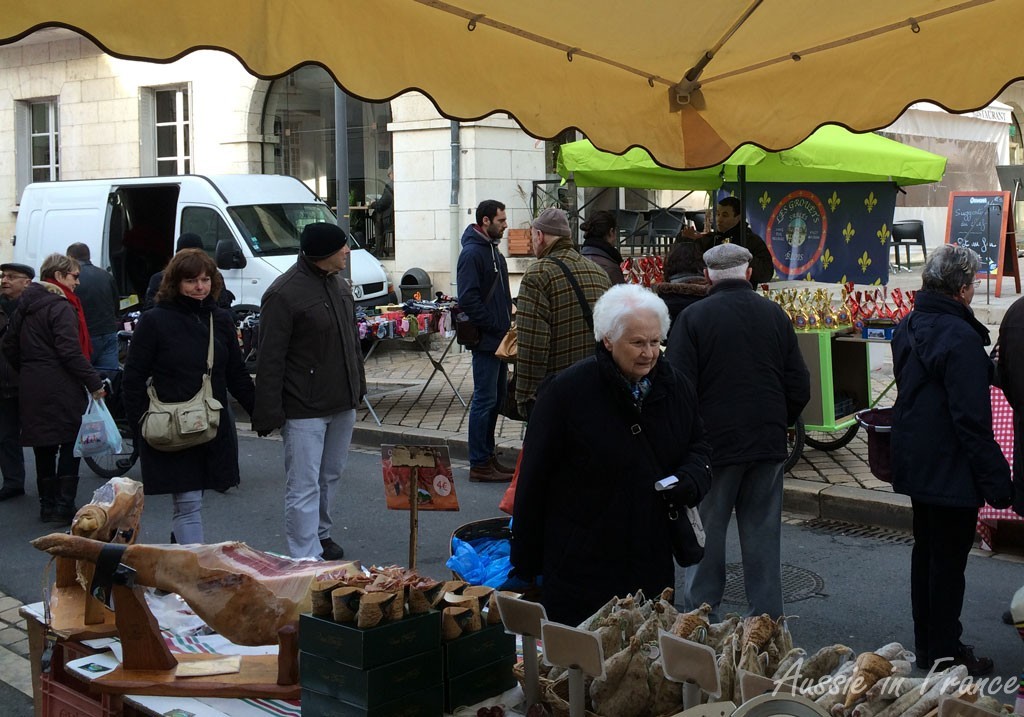People learning French seem to find it difficult to know how to translate the word people! It’s because there are several different words that can be used depending on the context and meaning: gens, personnes, monde, peuple, people. Aïe!

Let’s start with a few examples and see how they are used.
Les gens intelligents = clever people
Les personnes âgées = old people
Les jeunes (gens) = young people
Beaucoup de gens/monde = a lot of people
Il y avait beaucoup de monde = the place was full of people
Plusieurs personnes m’ont parlé de l’accident. = Several people told me about the accident.
Combien de personnes ? = How many people?
Ce sont de drôles de gens = They’re strange people.
Que vont penser les gens ? = What will people think
Le peuple australien = the Australian people
Les gens de la campagne = country people
Can you see a pattern emerging? Well I can’t !
Why don’t we say les personnes intelligentes and les gens âgés ? And why not les jeunes personnes ?
I checked my Larousse dictionary to see if I could find a difference
GENS :
- Personnes en nombre indéterminé – People when there is an indeterminate number [Les gens flânaient dans la rue – People were wandering in the streets]
- Les hommes en général – Men in general [Les gens sont influencés par la publicité – People are influenced by advertising]
- Telle ou telle personne, ou la personne qui parle – Such and such a person, or the person speaking [Vous avez une façon de recevoir des gens ! – You have a way of welcoming people!]
- Personnes appartenant à un état, à une profession – People belonging to a state or profession. [Les gens du spectacle – People in show business]
OK, it’s clear for n° 4 and maybe fore n°2 but it doesn’t really explain why we talk about personnes intelligentes but gens âgés.
So I asked the question on my French translators’ list and got some very different answers, some of which are contradictory which just goes to show that even the French don’t agree on usage!
1. It’s always better to use personnes when you can.
2. Les gens intelligents et les personnes intelligentes sont différents. Maybe, but if it is, it’s very subtle. I googled the two expressions and in most of the examples they seem pretty interchangeable to me, with 30,900 hits for personnes intelligentes and 165,000 for gens intelligents!
4. Personnes is used when it could be perceived negatively such as personnes âgées, personnes handicapées (yes, handicapped is politically correct in French!) and gens when it’s positive : jeunes gens, braves gens. Ok, but what about les gens tristes?
5. Semantically, when using personnes the human dimension is stronger while gens is a neutral term. Personnes âgées shows respect for the elderly.
6. Jeunes gens is the plural of jeune homme and excludes jeunes filles.
7. Jeunes gens can also mean jeunes filles.
8. Personnes is used to distinguish a particular group such as grandes personnes (adults), personnes sourdes (the hearing impaired).
9. Correct French always “sounds” right. Yes, but only if you are brought up hearing correct French in my opinion!
10. Maybe gens is more difficult to use with an adjective because it can be either masculine or feminine or both.
My personal feeling is that it is mostly a question of what people usually use. In French, personnes âgées is by far the more prevalent expression (17,300,00 hits on google as opposed to gens âgés).
If you’re talking about a nebulous group – sad people, happy people, clever people, people in the street, people who live alone – you would use gens: les gens tristes, les gens heureux, les gens intelligents, les gens dans la rue, les gens qui habitent seuls.
If the group is more specific (with the exception of personnes âgées which is the more usual term as state above), such as the people on my left, the people who arrived late, the people concerned, you would use personnes: les personnes à ma gauche, les personnes qui sont arrivées en retard, les personnes concernées.
But despite all this, personnes and gens are not always interchangeable. I started writing this post after hearing an English speaker use the wrong one but now I can’t for the life of me remember what it was!
However, in the initial set of phrases, it is not possible to say plusieurs gens, combien de gens, que vont penser les personnes or les personnes de la campagne. It would just sound odd!
And one last word before I finish off. People is used in French to mean celebrities.
Any questions???



